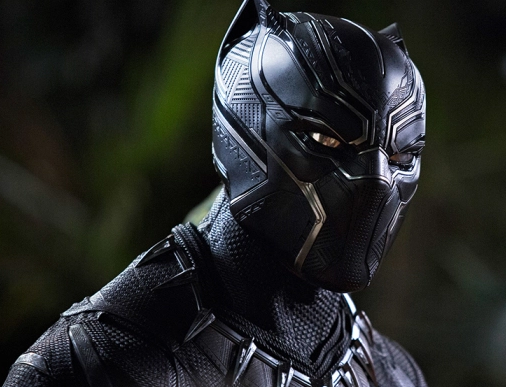Black Panther: The power of representation

Photo courtesy of History.com
February 22, 2018
Thousands of people packed into theaters last weekend for the opening of Marvel’s Black Panther, a film expected to make history for its positive presentation of African culture.
“You don’t see a lot of black superheroes in the mainstream that have been marketed like this,” ETHS teacher Kamasi Hill says. “Black Panther defies all the traditional tropes we see about the African continent.”
Buildup has surrounded the film prior to its release, mostly due to the promise of seeing black people portrayed in a positive, heroic light. Black Panther has received praise for its majority black cast, portrayal of women in leadership positions and costume design.
“Equal representation in the media is something black people have been waiting a long time for, and this is a step toward that,” junior Meadgine Ilmet says.
Black Panther follows T’Challa, after his father’s death, as he takes his place as king of the African nation Wakanda. When his kingdom becomes threatened, he must release the full power of Black Panther to save his country. Wakanda is the most technologically advanced society in the world, disguised as a third-world country, untouched by colonization.
A week prior to the movie release, Kendrick Lamar, Top Dawg Entertainment CEO Andrew Tiffith and director Ryan Coogler developed an album of music from and inspired by Black Panther. The album features Lamar, SZA, ScHoolboy Q, Travis Scott, Jorja Smith and Khalid, among a variety of other stars in rap and R&B.
“The music is an extension of the movie,” senior Jasmine Taylor says. “They both are pieces of art created by and for black people which is really important.”
Historically, people of color, and, more specifically, black people, have been excluded from media representation in an effort to preserve white culture and normality. This resulted in generations of children not being able to identify with the characters they see on TV. This includes Marvel, whose vast majority of blockbuster films, including Thor, Captain America and X-Men, feature straight white male leads with minor, if any, characters of color. A 2017 University of Southern California study found that in 900 popular films, 70.8 percent of characters are white, and that this figure hasn’t changed since 2007.
“[Black Panther] also has a strong potential to break the mold of white dominance in Hollywood, Black Panther is challenging white culture and saying ‘we exist,’” says Ilmet.
Black Panther looks to be one of Marvel’s top grossing films. According to CNN, the film netted about $192 million in its opening weekend, the fifth most of all time for an opening. Fans are seeing it as proof of what can happen when diverse groups of people are given platforms to speak and be artistic.
“It’s a beacon of hope for black people, but also for our country,” says Ilmet. “Having this one movie doesn’t mean that racism is over or we have equal representation. We also have to build off of this.”









